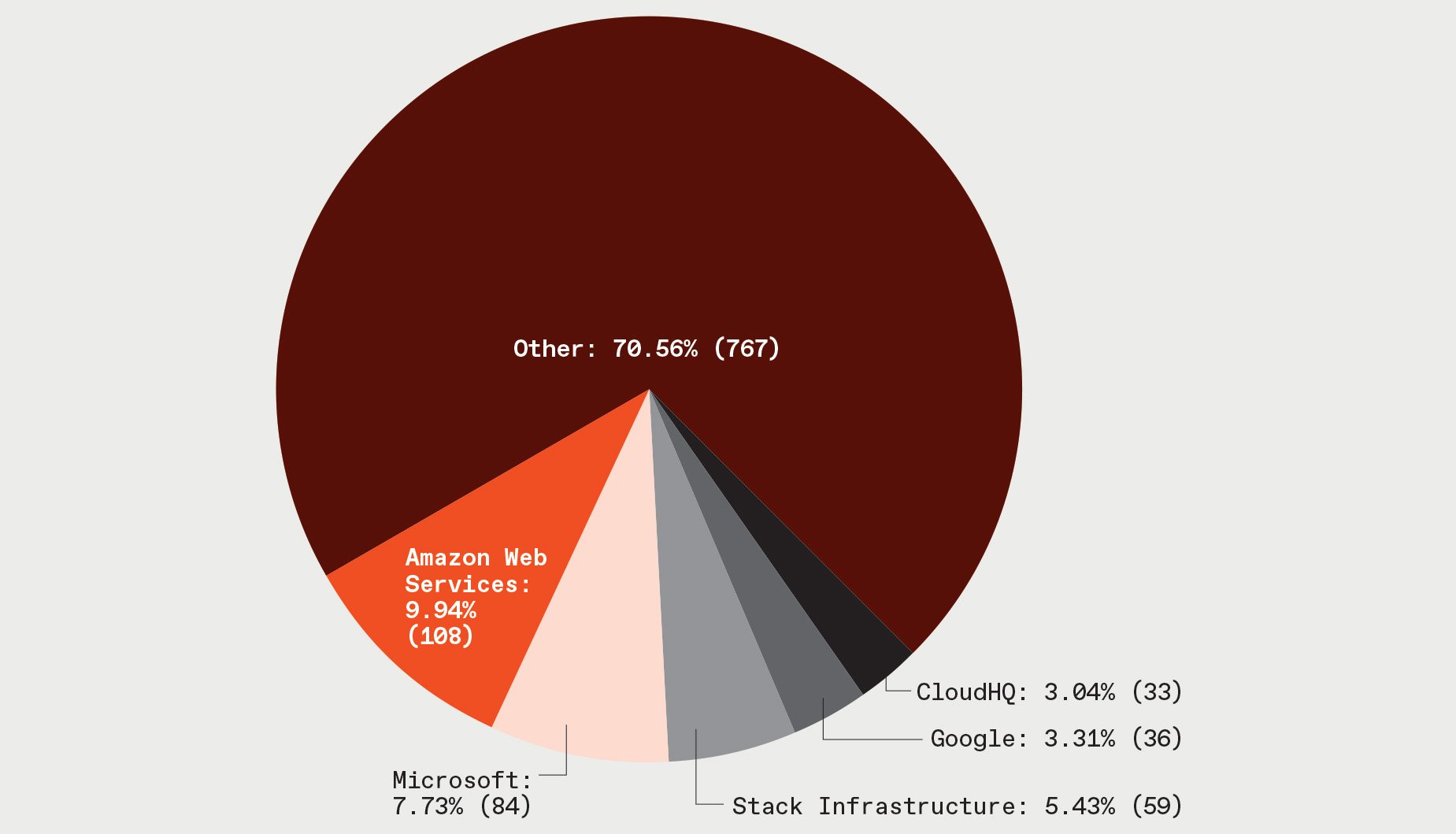Recent advancements in quantum computing are reshaping the technological landscape, with major players like IBM, Google, and D-Wave at the forefront of this revolution. These companies are pioneering the development of quantum processors, which utilize qubits—quantum bits that can exist in multiple states—to perform complex calculations at unprecedented speeds. This shift towards quantum computing signifies a potential transformation in various fields, including cryptography, optimization, and pharmaceuticals.
Understanding the Quantum Leap
At the core of quantum computing is the qubit, which differs fundamentally from classical bits that represent either a 0 or a 1. Qubits harness the principles of quantum mechanics, allowing them to exist in a state of superposition, where they can represent both 0 and 1 simultaneously. Moreover, qubits can become entangled, meaning the state of one qubit can depend on the state of another, regardless of the distance separating them. This unique property allows quantum computers to approach problem-solving in parallel, drastically enhancing their processing power.
For example, while classical algorithms may take exponential time to solve specific problems, quantum algorithms, such as Shor’s algorithm, can provide polynomial time solutions. This potential for efficiency could revolutionize industries reliant on complex computations, from cryptography to artificial intelligence.
Progress Amid Challenges
The path from theoretical exploration to practical application in quantum computing has been filled with both excitement and obstacles. Tech giants and startups are investing heavily in both quantum hardware and software development. As they create quantum processors with an increasing number of qubits, they are also exploring various technologies, including superconducting qubits and trapped ions.
Nonetheless, significant challenges persist. Qubits are highly susceptible to errors due to decoherence, a phenomenon where quantum states lose coherence due to interactions with their environment. As a result, developing scalable and fault-tolerant quantum computers remains a central focus of ongoing research. Techniques such as quantum error correction and hybrid quantum-classical algorithms are essential steps toward making practical quantum computing a reality.
As the field progresses, numerous sectors stand to benefit from practical quantum applications. In cryptography, while quantum computers pose a threat to traditional encryption methods, they also enable quantum cryptography, which offers secure communication methods that are resistant to eavesdropping.
In optimization scenarios, quantum algorithms can significantly speed up the discovery of the best solution among vast possibilities. Industries such as finance and logistics are already testing quantum solutions to enhance decision-making processes. Similarly, the pharmaceutical industry is poised for disruption, as quantum computing’s ability to simulate molecular interactions could accelerate drug discovery and development, streamlining the path from concept to market.
Aiming for Quantum Supremacy
Looking ahead, the concept of quantum supremacy becomes increasingly relevant. Achieving quantum supremacy means that a quantum computer can perform a task that classical computers cannot feasibly accomplish. While Google announced it had reached this milestone in 2019, the journey toward full-scale, error-corrected quantum computers capable of addressing real-world challenges is still in progress.
The future of quantum computing also involves democratizing access to this advanced technology. With the emergence of cloud-based quantum platforms, broader access to quantum resources is becoming feasible. This transition is set to empower a new generation of developers, researchers, and entrepreneurs to explore the potential of quantum computing, fostering innovation across diverse sectors.
As we stand on the brink of the quantum computing revolution, the implications of ongoing research and development will have significant effects on society. The leap from traditional computing paradigms to quantum capabilities offers unprecedented advancements, prompting us to envision a future where the possibilities of computation are expanded beyond current limitations. The potential impact is vast, holding immense promise and challenges that invite global collaboration in this extraordinary journey into the quantum realm.







